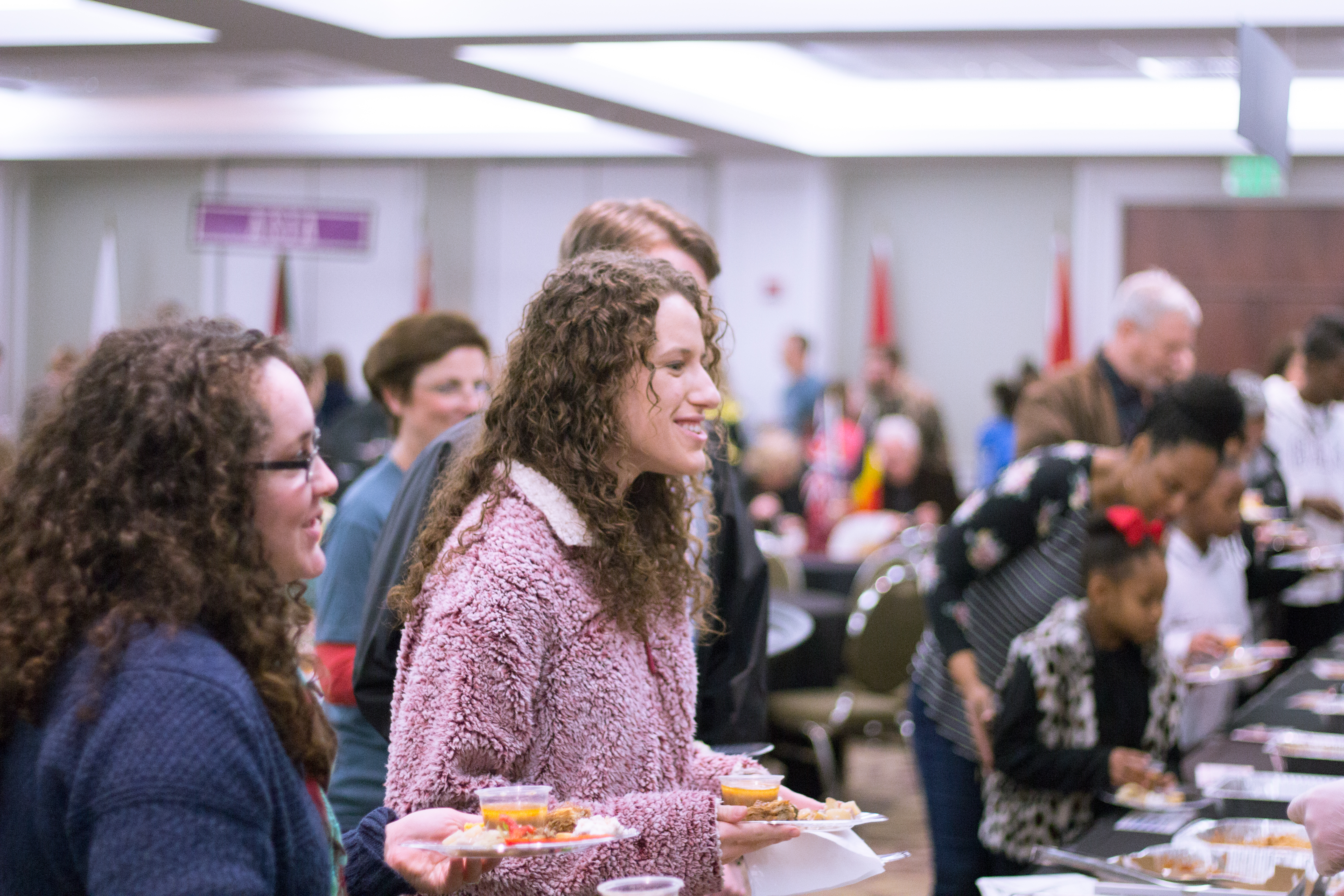By Camryn Stroupe, Opinions Editor
Ouachita is currently undergoing its ten-year academic review of the CORE courses in its liberal arts programs, following the last set of changes implemented in 2014. Directed by a steering committee composed of school deans and other prominent faculty members, the process of reassessing current course requirements is set to be completed by the end of the 2025 calendar year, with implementation beginning in the fall of 2026.
Dr. Rebecca Jones, serving as head of the steering committee for the review, shared insight into the process. “It’s been standard for some time now to make changes to our academic CORE every decade or so,” Jones said. “It’s time to evaluate what’s happening with our CORE and find out if there are things we need to refine or refresh. Our charge as a steering committee is to look at our current CORE and identify distinctives that we might enhance in our approach to education, while strengthening our commitment to Christian liberal arts as a Christ-centered learning community embracing the liberal arts tradition.”
The approach to evaluating these CORE courses comes in four phases. “The first phase has been looking back and trying to figure out what the state of the CORE has been to date,” Jones said. “The second phase is looking around, drawing inspiration from other models that may be helpful or inspirational to us. Third is looking into the literature and trying to have a deeper understanding of what’s happening in the world—what trends are emerging in terms of opportunities and challenges that students will face in the coming years. Finally, the last phase is looking ahead at what courses will comprise the CORE program going forward.
“We’ve spent much of this semester looking back, and that’s involved research. We’ve consulted many different streams of communication, including conversations with colleagues and students. We conducted thirteen focus groups across campus, gathered information, and reviewed various data points the university uses on an ongoing basis to evaluate itself. Phase one resulted in some insights that we shared with our colleagues a few weeks ago. We are now in phase two.”
Dr. Chris Brune, also serving on the steering committee, spoke to the intricacies of the process. “One thing that’s important for people to understand is that this is a highly complex process, and it’s going to take some time,” Brune said. “It’s been so helpful to hear from people across campus—their opinions, what they would like to see, and where our strengths and areas for improvement lie. We also face some external pressures in higher education that we’re taking into account. Finding the right solution takes effort and some back and forth. At this point, we are just trying to take in as much input as we can and move forward.”
Many are wondering when the changes will take place, if any, but patience will be key in this process. “In terms of what will change, we don’t know yet,” Jones said. “We’re in a process that usually spans a year. Our hope is to conclude by the end of this calendar year.”
Brune discussed the advantages of taking the process slowly. “We’ve been deliberate about not wanting to jump ahead and form conclusions until we feel like we’ve analyzed the situation as best we can,” he said. “We want to be intentional about approaching it in a way that allows all the information to come together.”
Jones spoke to the strengths Ouachita has shown over the past ten years, as identified during phase one. “Something we discerned is that there are a lot of great and positive things people observe about our approach, including the breadth of exposure across various streams of information,” Jones said. “There was great appreciation for the fact that students are exposed to a wide range of knowledge and learning opportunities. This is very beneficial because it fosters flexible, adaptive learners. You might think you’ll pursue one job for a long time, but chances are there will be changes in the world and in opportunities. Exposure to diverse information, knowledge, and skills benefits students not just professionally but personally as well. There was also appreciation for the relational component that is really special about the Ouachita community. We hear students say they are grateful for the chance to explore different disciplines and connect with faculty and students they might not typically encounter within their major.”
Senior students complete surveys in their exit seminars that help the CORE review process run more smoothly. “Looking at the results of those, students are basically telling us that what they’re doing in CORE classes is helping them achieve progress toward Ouachita’s learning outcomes,” Jones said. “We’re accomplishing what we set out to accomplish, which is a great thing and a huge strength. It’s very encouraging.”
Students may feel anxious about CORE changes affecting their degree paths in coming years, but they can rest assured knowing they are being considered and protected as much as possible during this process. “Best-case scenario, anything that will change will be voted on by the end of the calendar year,” Jones said. “Faculty and the Board of Trustees have input in course changes. Then, we have the spring semester of 2026 to work through the logistics. This is when we determine what will be taught, who will teach it, and how we will manage different CORE paths for students already enrolled. Ideally, the 2026–2027 catalog would include the new CORE. The catalog determines coursework requirements for students. Any catalog in effect while a student is enrolled at OBU can be used to fulfill their degree plan. If a course is removed, we would bridge catalogs to ensure the student’s path remains viable. All those logistical elements will be worked out in the spring of 2026. We want our students to be well cared for as they complete their degrees, which is of utmost importance.”
Brune further discussed the importance of a student-first mindset during the transition. “We don’t want to leave anyone hanging with requirements that can’t be satisfied because of the changes,” Brune said. “That will all be part of the process. From what I’ve seen, when these types of changes are made, we err on the side of flexibility for the student. We can’t promise it will work perfectly in every situation, but that’s generally the direction we try to take.”
No student should worry about being left behind in this process. “When this happened last time, I remember it flowing very smoothly,” Jones said. “We adopt a process where an old course may count for a new course. It’s a long process, but we are going to take care of students. We want to make sure they have really good learning experiences as they complete their requirements.”







